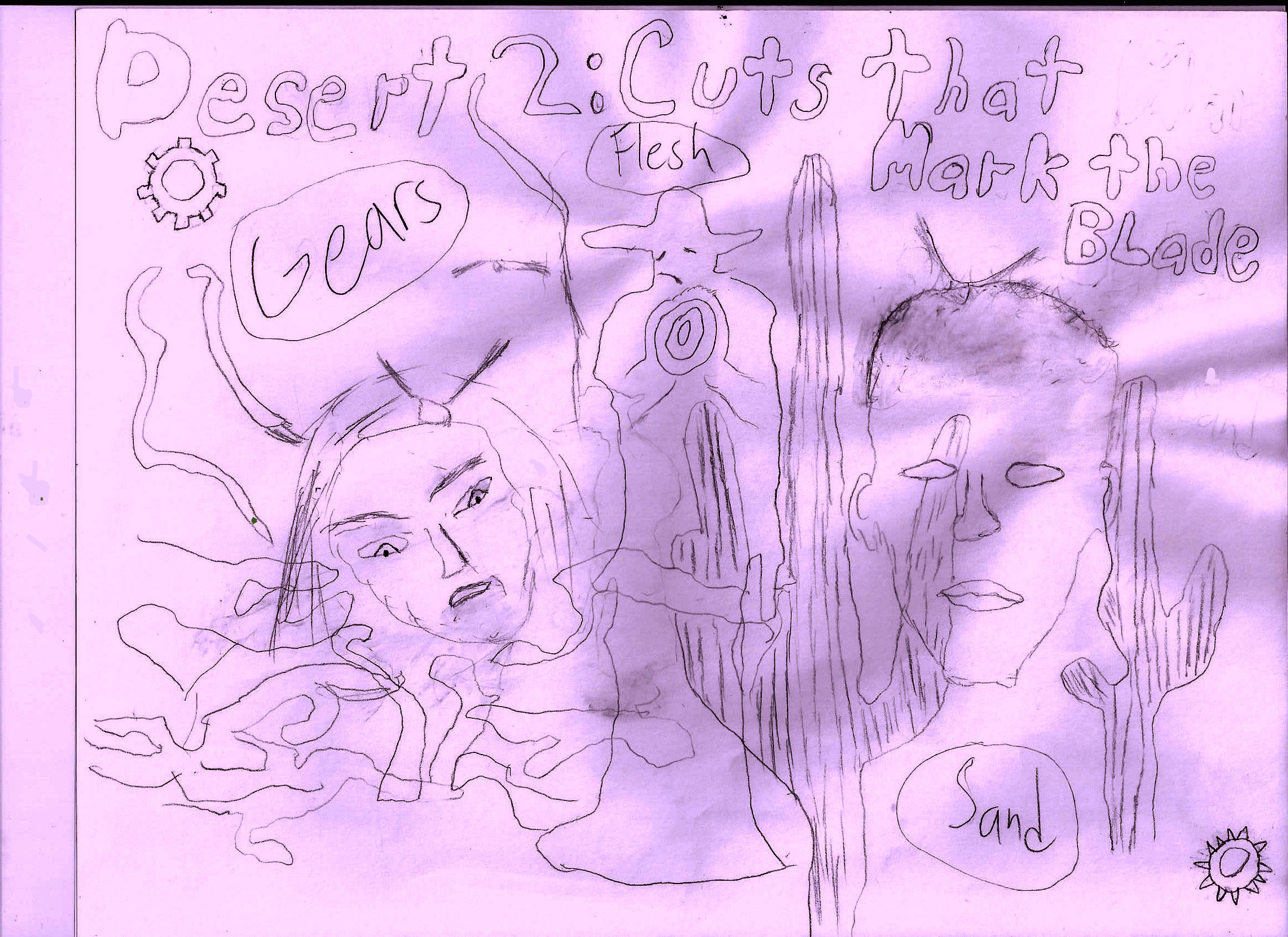So the world’s coming to an end and somehow people seem cool with that, hashtag #TheEndIsNear. I’m calling all comrades out from across the multiverse to discuss one of my favorite modern philosophers/academics Slavoj Zizek and what he has to say about the end of the world in light of my post-apocalyptic epic “the Multiverse War Chronicles“. So I was listening to his “plea for bureaucratic socialism” lecture the other day, a plea which by the way I don’t agree with. In general I find his critiques of “anarchism” to be surprisingly unsophisticated compared to his other theory, though considering the general lack of knowledge/understanding of anarchist theory amongst the authoritarian-Marxist who historically dominated the academic left I should expect this. On the other hand his comment on universality speaks precisely to the conclusion of my Ghost In the Shell critique (You are universal where you protest your particular identity). Still the most provocative piece for me came a bit later in his discussion of apocalyptic films and the progressive potential of Armageddon.

On the bustling planet of Terra, in the epic deserts of Acirema, a new world is under construction and over old ruins. Hidden in plain site are fragments of the old world’s psyche. They remain nightmarish fantoms of a dormant past, prepared for a visceral return. The environment is devastated and the strongest government in Acirema, known as the United Trade Republic (UTR), is ruled by an immortal dictator with an unlimited office. It’s an apocalypse within a post-apocalypse. The world is our world, and the threats are here with us already. They are ominous and blunt despite only a vague sense of alert. The threats feel easy enough to ignore like the inconspicuous, yet ominous appearance of the prophesied year of Armageddon I reference throughout the first novel (21:12). As life goes on today, seemingly unfazed, so does life go on in the “civilized” world of the polises of the UTR. Again, as Zizek put it, “we know that (for example) ecological catastrophe is possible even probable, but we do not believe it can really happen“. Even the apocalyptic can be normalized, and perhaps in this system, sold for a price. After-all it seems:
It’s easier to imagine the end of the world than it is to imagine the end of capitalism.
In my second novel I want to expand on this but also further the narrative on what armageddon has in store for “class war”. I also take a peek into international and intra-Network relations. I refer now to another statement Zizek makes about the “new authoritarian state“, a free society protected by “invisible walls”. In the second part of my Multiverse War Chronicles I introduce the central region of the UTR called “the Heartland” where the affluent live in privilege walled off from the polises, and the desert, sheltered from the ills of the coming apocalypse thanks to the market created by world and galactic governments. While those who live in the city centered states of the UTR (called polises) live relatively safe to freely consume and enjoy individual liberty, protected from the wild, “spaghetti Western” desert (“wild wild west“), there exist a region beyond them all just for those with political influence in the center of the UTR where the social ills of poverty, and disease have been extinguished.
I wanted to explore further the necessity of sacrifice and struggle that comes with our individuals responsibilities towards the fate of the collective. In Desert 2 I painted a rather “Nietzschean” portrait of a world ruled by relativity “post-God” and that narrative continues in the new novel in a Zizekian direction. The fate of the world is no longer in the hands of “God the father”, but rather in the hands of all of mankind (the “Holy Spirit“). If there is no longer a “greater meaning” or “purpose” ordained by the Father, and it is in God’s plan that we be free since the garden, one could say we are “condemned to be free“, and this freedom comes with the weight of responsibility for the future. The implications here are radical, consistent in “death of God” theology from Hegel through Zizek. Ultimately our salvation is hinged on our choice to save the world.
We find ourselves today on the verge of environmental and nuclear catastrophe, social relations are collapsing around us, but the gears keep turning. For me, the revolution isn’t simply a purification of sins, but a necessity, a desperate attempt to avoid impending doom. In the next chapter of our story, history must make a radical shift to avoid the fate that awaits us in Armageddon. Put it this way, it’s already too late!



Pingback: URL